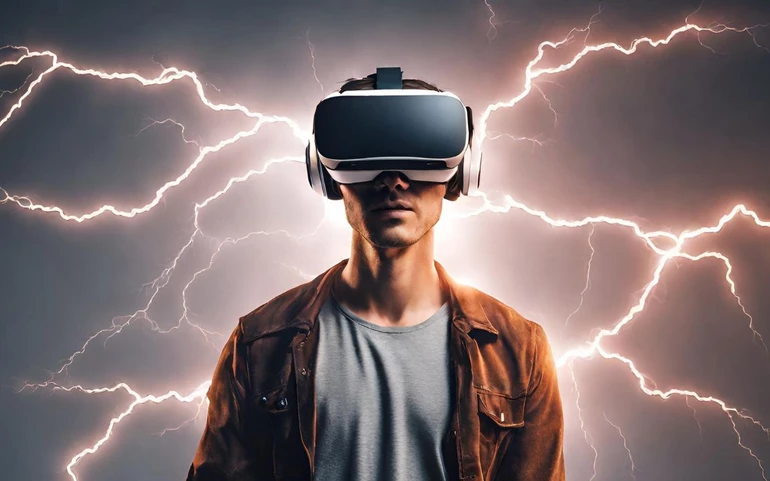In an unprecedented move, a recent court order has now mandated YouTube to disclose the identities of individuals who have viewed certain videos. This decision, stemming from legal proceedings that scrutinized specific content on the platform, marks a significant shift in online privacy dynamics, raising concerns among digital rights advocates and everyday users alike.
What Does This Mean for You?
The ruling necessitates YouTube to reveal viewer details, potentially exposing individuals’ viewing habits and preferences. In an era where digital privacy is already under siege, this development adds another layer of vulnerability, highlighting the necessity for robust measures to safeguard online anonymity.
Safeguard Your YouTube Browsing with Nordman VPN
In response to these growing privacy concerns, turning to reliable security solutions like Nordman VPN becomes paramount. Nordman VPN stands out as a beacon of digital privacy, offering top-tier encryption and IP masking features that ensure your YouTube activities remain confidential and untraceable.
Why Choose Nordman?
- Enhanced Privacy: Nordman VPN encrypts your internet connection, keeping your online activities private and secure from prying eyes.
- IP Anonymity: It masks your real IP address, making your YouTube viewing habits invisible to outsiders, including ISPs and third parties.
- Ease of Use: With user-friendly interfaces and seamless integration, Nordman ensures that your online privacy protection is hassle-free and efficient.
Embrace Your Digital Freedom
While the digital realm continues to evolve, often bringing complex challenges to the fore, tools like Nordman VPN empower you to take control of your online privacy. In light of the recent YouTube ruling, adopting Nordman VPN isn’t just a choice—it’s a necessity for those who value their digital freedom and wish to maintain a private, secure online presence.
Stay Informed, Stay Secure
As advocates for digital rights and privacy, we must stay informed and proactive in protecting our online spaces. By choosing robust security solutions like Nordman VPN, you can safeguard your digital footprint and continue to enjoy the vast world of YouTube without compromising your privacy.
